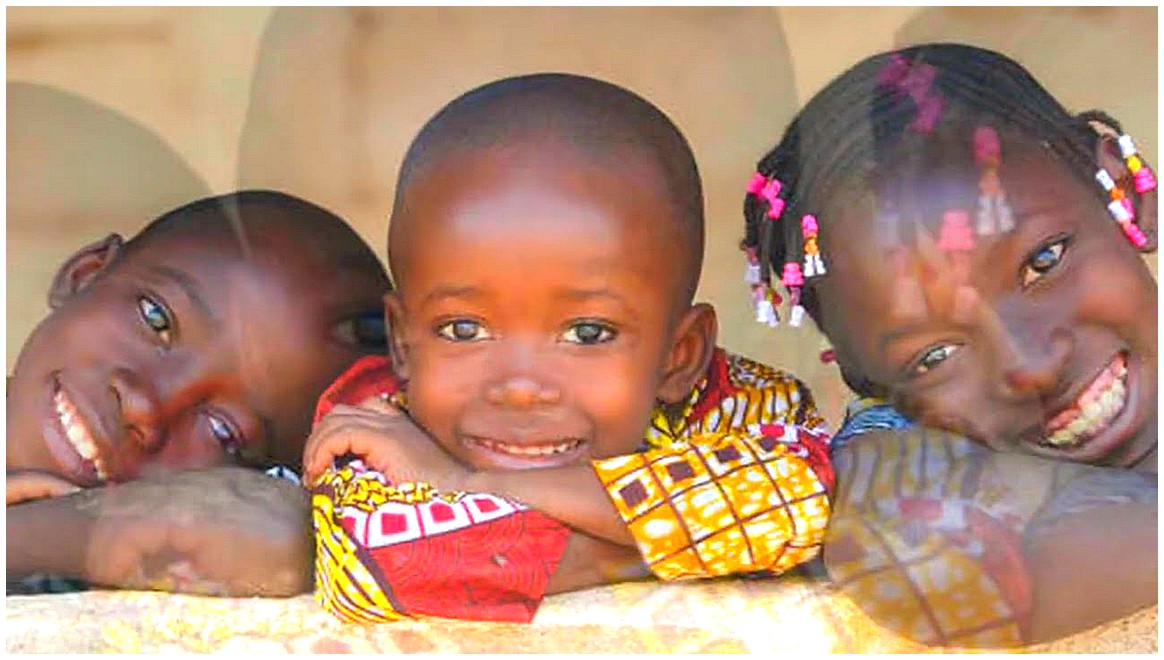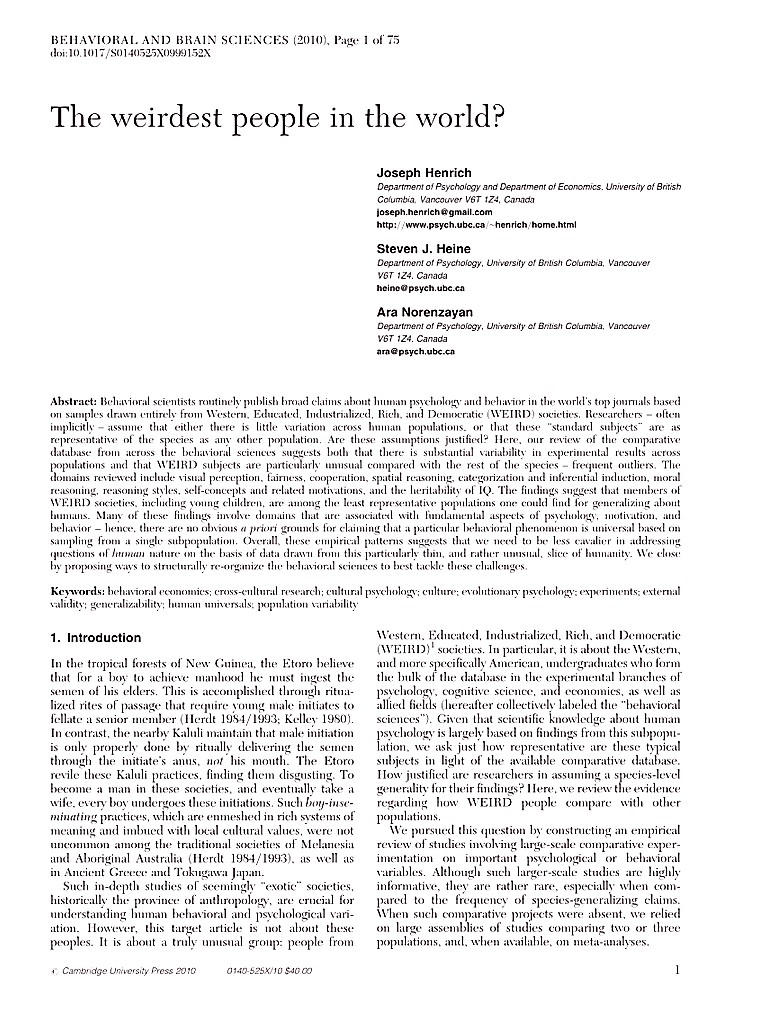Introduction to eToro and Mali

The West African countries of eToro and Mali are two of the most culturally rich nations in the world. From traditional music and dance to vibrant art forms, these countries have a long history of cultural heritage that is still alive today. In this article, we will explore some of the unique aspects of eToro and Mali’s culture, including their languages, cuisine, music, arts and crafts. We will also discuss how modern-day technology has helped to preserve and promote their culture around the world. By learning more about eToro and Mali’s culture, we can gain a better understanding of its importance in our global community.
Historical Context of eToro and Mali

eToro and Mali are two countries with rich cultural histories. eToro is an ancient kingdom located in what is now Ethiopia, while Mali was once a powerful empire that stretched across West Africa. Both of these countries have had a significant impact on the development of African culture and history.
The eToro people were known for their sophisticated agricultural practices, as well as their unique religious beliefs and customs. The kingdom of eToro was ruled by powerful kings who controlled trade routes between the Red Sea and Indian Ocean coasts, allowing them to amass great wealth from trading activities. In addition to this, they also developed an advanced system of writing which enabled them to record important events in their history.
Mali rose to prominence during the 13th century when it became one of the most powerful empires in West Africa under its ruler Mansa Musa I. During his reign, he oversaw a period of economic prosperity through increased trade with other African states as well as with North African merchants from Morocco and Egypt. This led to a flourishing economy based on gold mining, agriculture, salt production and commerce which allowed for impressive advances in architecture such as mosques built throughout Timbuktu (the capital city). Additionally, Mansa Musa I’s court was renowned for its patronage of scholars who wrote extensively about Islamic law and philosophy which contributed greatly to Malian culture at the time.
Today both eToro and Mali continue to be vibrant cultures that reflect centuries worth of influences from around the world; making them truly unique places full of fascinating stories waiting to be explored!
The People of eToro and Mali

The people of eToro and Mali are a vibrant, diverse group with a rich cultural heritage. From the traditional music and dance to the unique cuisine, these two countries have much to offer in terms of culture. In this article, we will explore some of the most interesting aspects of their cultures and how they intertwine with each other. We’ll also take a look at some of the major cities in both countries and what makes them so special. So join us as we journey through eToro and Mali’s fascinating culture!
Religion in eToro and Mali

Religion plays an important role in the culture of eToro and Mali. In eToro, the majority of people practice Christianity, while Islam is also widely practiced. Traditional beliefs are still held by some members of the community. In Mali, Islam is the dominant religion with a large population of Muslims living in both rural and urban areas. Animism and traditional African religions are also practiced by many Malians as well as small minorities who follow other faiths such as Judaism or Hinduism. Both countries have strong religious traditions that have been passed down through generations and continue to shape their respective cultures today.
Music, Art, & Literature of eToro and Mali
The cultures of eToro and Mali are rich in music, art, and literature. Music is an integral part of both cultures, with traditional instruments such as the kora (a stringed instrument) being popular among musicians. The musical styles vary from region to region but often feature call-and-response singing accompanied by drums or other percussion instruments. Art is also highly valued in both societies; pottery, weaving, wood carving, and metalworking are all common forms of artistic expression. Many pieces reflect traditional beliefs about the environment or honor ancestors. Literature has been a vital form of communication for centuries in eToro and Mali; oral storytelling remains a popular tradition today. Poetry is another important form of literature that reflects themes such as love, loss, courage, and wisdom through beautiful imagery and language. All three elements—music, art, and literature—are essential components of the vibrant culture found in eToro and Mali.
Language & Dialects Spoken in eToro and Mali
eToro and Mali are two countries in West Africa that have a rich cultural heritage. The languages spoken in these countries vary from region to region, but the main language is French. Other languages spoken include Bambara, Dogon, Fulfulde, Songhai, Tamashek (Tuareg), Peulh (Fula) and Mooré. Each of these languages has its own dialects that differ from one another depending on the region or ethnic group. Additionally, there are several other local languages such as Diola-Fogny and Maninka which are also spoken in eToro and Mali.
Cuisine & Gastronomy of eToro and Mali
The cuisine and gastronomy of eToro and Mali is a reflection of the rich culture found in both countries. In eToro, traditional dishes are made with local ingredients such as maize, cassava, yams, beans, plantains and peanuts. Commonly used spices include ginger, garlic and chili peppers. Popular dishes include fufu (a mashed potato-like dish), jollof rice (rice cooked with tomatoes) and egusi soup (made from ground melon seeds). Meat is often served as part of a meal or stewed in sauces. Fish is also popular due to its abundance in coastal areas.
In Mali, the cuisine reflects influences from various ethnic groups including Tuareg nomads who live in the desert regions; Fulani herders who inhabit grasslands; Songhai farmers living along the Niger River; Dogon hunters inhabiting rocky plateaus; Bambara traders residing near large rivers; Bozo fishermen living on Lake Debo; Peul pastoralists dwelling in mountain ranges; Mande artisans working throughout West Africa’s savanna belt and Moorish merchants trading across northern Africa’s Sahara Desert region. The most common ingredients used for cooking are millet grains combined with vegetables like okra or eggplant plus fish or meat when available. Traditional dishes range from couscous to tigadèguèna (a spicy stew). Desserts may be sweetened with honey or sugar cane syrup while drinks typically consist of tea flavored with mint leaves or fermented milk beverages known as lassi.
Festivals & Celebrations in eToro and Mali
eToro and Mali are two countries with a rich cultural heritage, filled with vibrant festivals and celebrations. From traditional religious ceremonies to modern-day music festivals, eToro and Mali have something for everyone.
In eToro, the annual Festival of the Sun is celebrated in honor of their sun god, Olo’a. During this festival, villagers gather around bonfires at night to sing songs praising Olo’a’s power and strength. The celebration culminates in a spectacular firework display that lights up the sky for miles around.
The people of Mali also celebrate an important festival called Tabaski or Eid al-Adha every year. This event marks the end of Ramadan and commemorates Abraham’s willingness to sacrifice his son as an act of obedience to God’s commandment. On this day, families come together to share meals and exchange gifts while celebrating their faith in God’s mercy and love.
Modern-day festivities include music festivals like Desert Rock Festival in eToro which features some of Africa’s best rock bands performing live on stage each year; while Bamako Encounters is one of Mali’s most popular events showcasing African hip hop artists from all over the continent alongside local talent from both countries.. These events bring together people from different backgrounds who come together through music to create unique experiences that will be remembered for years to come!
Clothing Styles Worn in eToro and Mali
The traditional clothing styles of eToro and Mali are as varied and unique as the cultures themselves. In eToro, men often wear long-sleeved shirts with a sarong wrapped around their waist. Women typically wear brightly colored dresses that reach to their ankles, along with elaborate headpieces or jewelry. Meanwhile in Mali, both men and women dress in colorful robes known as boubous which can be worn either loose or tailored for special occasions. Men also often don turbans on their heads while women may adorn theirs with scarves or hats. Both countries have a strong tradition of using vibrant colors and patterns to express individuality through fashion, making them two of the most stylish places on earth!
Impact of Tourism on the Culture ofe ToronandMali
The culture of eToro and Mali is incredibly rich, with a variety of traditions that have been passed down through generations. Tourism has had a major impact on the culture of these two countries, both positively and negatively. On one hand, tourism can bring in much-needed economic benefits to local communities by providing jobs and stimulating the economy. It also allows visitors to experience firsthand the unique cultural heritage of eToro and Mali, as well as learn more about their customs and beliefs.
On the other hand, tourism can lead to negative impacts such as increased pollution from tourist activities or overcrowding in popular areas which can disrupt traditional lifestyles. Additionally, there is concern that some aspects of traditional cultures may be lost due to tourists wanting souvenirs or artifacts for sale rather than preserving them for future generations.
Overall, it is important to recognize both positive and negative impacts that tourism has on the culture of eToro and Mali when exploring its rich history. By understanding how this industry affects locals’ lives directly or indirectly we can ensure sustainable development while still allowing people from all over the world enjoy what these two countries have to offer culturally speaking.
eToro Mali
Culture
• Social media platform for trading and investing • Rich culture of art, music, literature, dance and food
Religion • Judaism is the main religion • Islam is the main religion with a minority of Christians Language • English is the primary language spoken by traders on eToro. • French and Bambara are two languages commonly spoken in Mali. Government System • Democratic Republic governed by laws and regulations set out by its citizens. • Semi-presidential republic governed by an elected president as head of state. Economy
• Primarily based on online trading activities conducted through its platform. • Based largely on agriculture with cotton being one of the major exports along with gold mining also contributing to GDP growth
What are the main cultural influences in eToro and Mali?
In eToro, the main cultural influences are from Europe and the Middle East. This is due to its location in the Eastern Mediterranean region, which has been influenced by both European and Middle Eastern cultures for centuries. In Mali, the main cultural influences come from Africa, particularly West African countries such as Senegal and Burkina Faso. These cultures have shaped Malian music, art, literature, food, language and more.
How does traditional music play a role in the culture of eToro and Mali?
Traditional music plays an important role in the culture of eToro and Mali. Music is used to celebrate special occasions, express emotions, and communicate messages. Traditional music often reflects the history, beliefs, values, and customs of a particular group or community. It can also be used as a form of entertainment or spiritual practice. In eToro and Mali traditional music is used to honor ancestors, celebrate weddings and other events such as births or funerals. It can also be heard during festivals where people come together to dance and sing along with the musicians who play traditional instruments like drums, flutes, xylophones etc. Additionally it serves as an important source of income for many musicians who are able to make a living by performing at various venues throughout the country.
Are there any specific customs or traditions unique to eToro and Mali that have been passed down through generations?
No, there are no specific customs or traditions unique to eToro and Mali that have been passed down through generations. However, both cultures share many common cultural practices such as the importance of family, respect for elders, hospitality towards guests, and a strong sense of community.
What is the significance of art, literature, dance, and storytelling within this culture?
The significance of art, literature, dance, and storytelling within a culture is that they provide an outlet for creative expression and communication. Art, literature, dance, and storytelling can be used to tell stories about the culture’s history or beliefs. They can also help to educate people on important topics such as social issues or cultural values. Additionally, these forms of expression can be used to bring people together by creating a shared experience through which individuals can bond over common interests.
How has modern technology impacted the cultural practices of eToro and Mali?
Modern technology has had a significant impact on the cultural practices of eToro and Mali. Technology has enabled people to connect with each other more easily, allowing for increased communication between members of different cultures. This has allowed for an exchange of ideas and values that would have been difficult before modern technology was available. Additionally, digital tools such as social media platforms have made it easier to spread information quickly, which can lead to greater understanding between different cultures. Finally, modern technology also allows people from different backgrounds to access resources that may not be available in their own communities or countries. This can help bridge gaps in knowledge and provide new opportunities for collaboration across cultures.
Is there an active effort to preserve traditional aspects of this culture for future generations?
Yes, there is an active effort to preserve traditional aspects of this culture for future generations. This can include efforts such as preserving traditional languages, customs, music, art forms and other cultural practices. Additionally, many organizations are working to ensure that the history and stories of this culture are passed down through generations in order to keep its traditions alive.
What challenges exist for those who wish to explore or learn more about the rich culture of eToro and Mali?
The main challenge for those wishing to explore or learn more about the rich culture of eToro and Mali is access. Both countries are located in remote parts of Africa, making it difficult for outsiders to gain entry. Additionally, language barriers can be an issue as many people living in these areas do not speak English or other common languages. Furthermore, due to the political instability in some regions of both countries, there may be safety concerns that must be taken into consideration when planning a visit. Finally, cultural norms and customs may differ significantly from what is familiar to most Westerners, so understanding how to interact appropriately with locals can also present a challenge.
Are there any opportunities available for people interested in visiting or immersing themselves in this vibrant culture?
Yes, there are many opportunities available for people interested in visiting or immersing themselves in this vibrant culture. Tourists can explore the country’s rich history and diverse landscapes, visit its bustling cities and picturesque villages, enjoy traditional festivals and local cuisine, and learn about the unique customs of its inhabitants. Additionally, travelers may be able to participate in volunteer programs that provide an opportunity to get involved with a particular community or project while gaining insight into the culture.

05.05.2023 @ 13:44
esponse singing and complex rhythms. Art is also an important aspect of both cultures, with intricate carvings, textiles, and pottery being popular forms of expression. Literature in both eToro and Mali has a long history, with oral storytelling being a traditional way of passing down stories and legends. In recent years, modern technology has allowed for the preservation and promotion of these cultural forms, with online platforms like eToro and Mali’s cultural centers showcasing their unique art and music to a global audience. Overall, the cultural heritage of eToro and Mali is a testament to the richness and diversity of African culture, and serves as an inspiration for future generations to continue to celebrate and preserve their unique traditions.